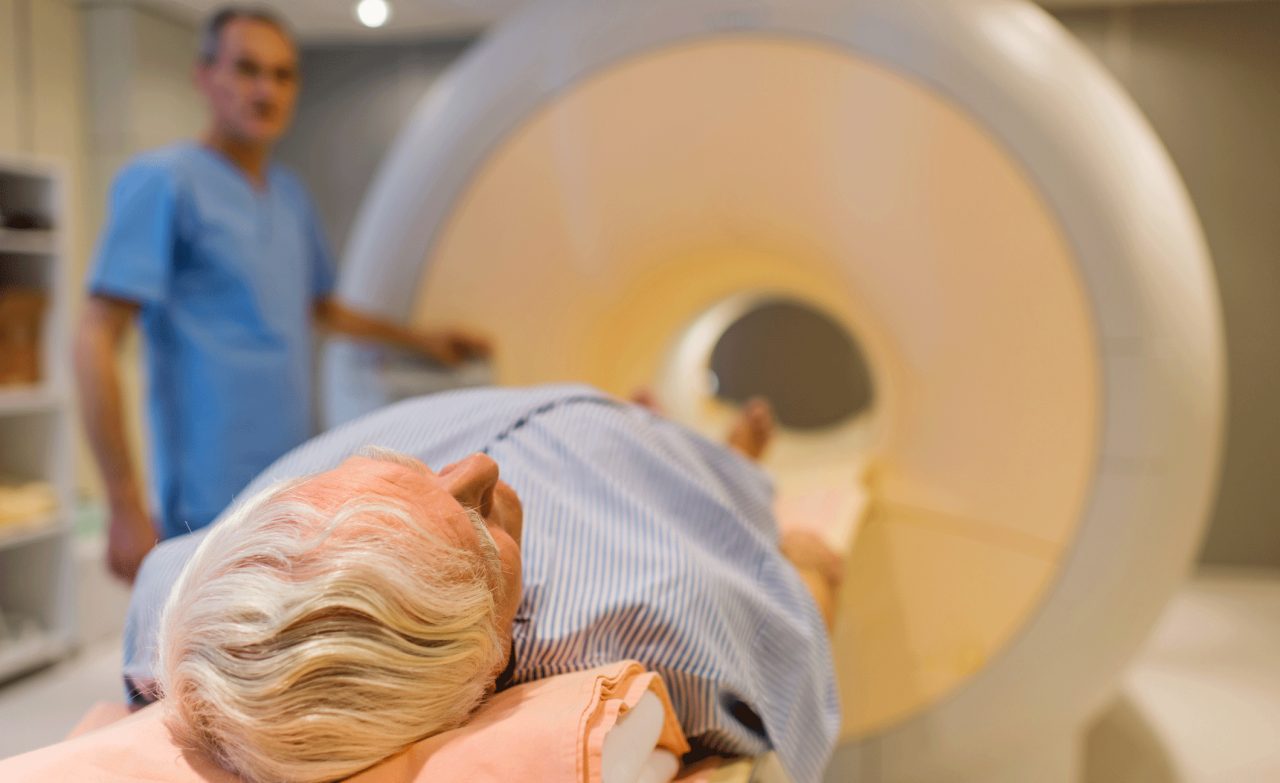Prostate Cancer Drug Linked to Dementia

Androgen deprivation therapy can cut your risk of prostate cancer advancing dramatically. Yet, should you take the popular drug if it's linked to dementia?
Nobody wants to choose between a risk of a fatal cancer progressing further or increasing your chance of dementia.
But one study has concluded that men with advanced prostate cancer face exactly that choice. Testosterone fuels the growth of the cancer. Androgen deprivation therapy, or A.D.T., lowers testosterone levels and so can stop the cancer from spreading and prevent it from becoming fatal. It’s a highly-valued prostate cancer treatment, but it’s usually offered only to men with an advanced case or a high chance of a recurring cancer.
Other prostate cancer treatment side effects include interference with your sexual functioning and damage to your bones and cardiovascular health.
YOU MIGHT ALSO LIKE: Is Prostate Cancer Curable?
Now the research, published in July 2019, raises fear of a tie between prostate cancer and memory loss. The study found that one to four doses of A.D.T raises a patient’s risk of dementia by 19 percent.
To be clear: This doesn’t mean your chance of dementia is 19 percent higher if you received A.D.T. Instead, it means that whatever your chances were before, the drug increased them.
The lifetime prevalence of Alzheimer's disease in men is about 12 percent.
Researchers analyzed U.S. National Cancer Institute data on more than 154,000 prostate cancer patients who were diagnosed between 1996 and 2003. Some 62,000 received the therapy within two years of their diagnosis, and 92,000 did not.
In total, 13 percent of men who had received A.D.T eventually developed Alzheimer's disease over the next eight years.
Among the prostate cancer patients who didn’t get A.D.T, only 9 percent developed dementia. The jump from 13 to 19 is the increased risk.
Looking at all forms of dementia, 22 percent of A.D.T recipients eventually were diagnosed, compared to 16 percent of those who skipped the therapy.
It made a difference how much A.D.T. you received. Five to eight doses increased the risk of Alzheimer’s disease by 28 percent and other kinds of dementias by 24 percent.
Men receiving the prostate cancer treatment tend to be older and sicker; older people are more likely to get dementia. However, the researchers made adjustments to weed out the effect of wealth, age, race, severity of prostate cancer, and other factors.
Lead author Ravishankar Jayadevappa, PhD, an associate professor at the University of Pennsylvania Perelman School of Medicine, said that the dementia risk shouldn’t keep men with advanced life-threatening cancer from using A.D.T.
If your cancer hasn’t spread, the dementia risk is another reason to stay away from A.D.T. You might consider your family history of prostate cancer and dementia to get a better handle on your own risks.
About 1 in 9 men will be diagnosed with prostate cancer during their lifetimes. It is rare before the age of 40. About 6 cases in 10 are diagnosed in men aged 65 or older. About 1 man in 41 will die of prostate cancer. So, most men with prostate cancer don’t die from it.
To protect yourself from getting prostate cancer, your best bet is a balanced diet that includes tomatoes and soybeans.
Don’t assume that taking a supplement is harmless. For example, research suggests that taking zinc for years doubles your chance of prostate cancer. Taking fish oil could also increase your prostate cancer risk.
A daily aspirin, on the other hand, may be helpful for preventing prostate cancer, but doesn’t seem to make a difference if you start post-diagnosis.
Updated:
March 18, 2020
Reviewed By:
Janet O’Dell RN